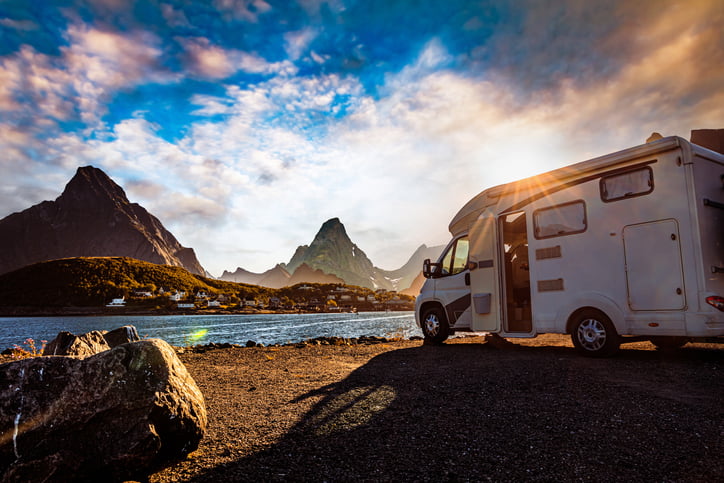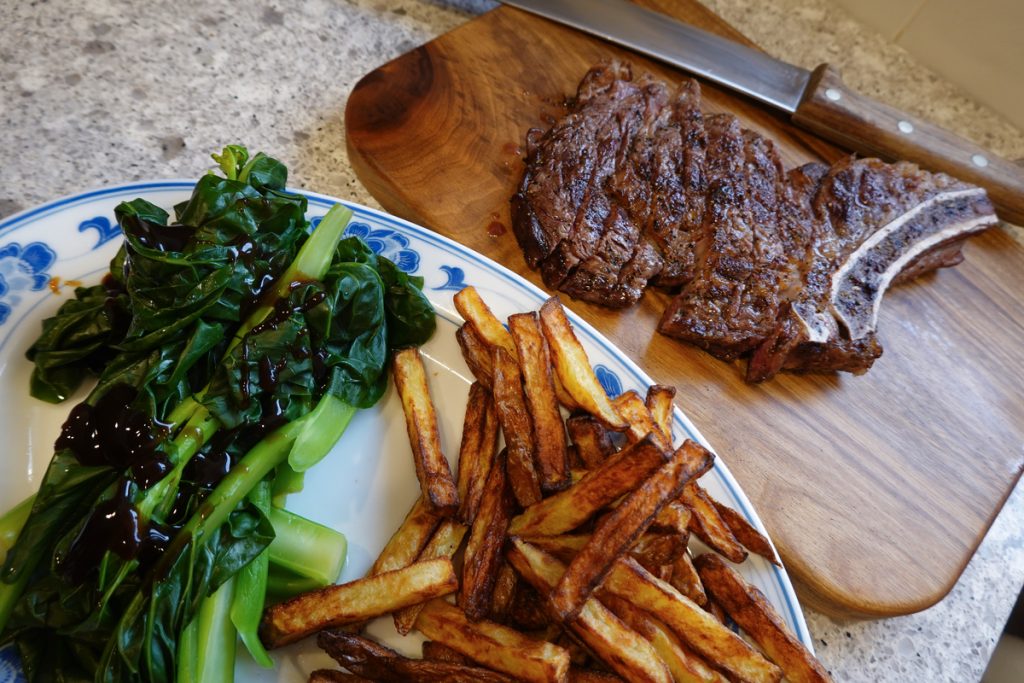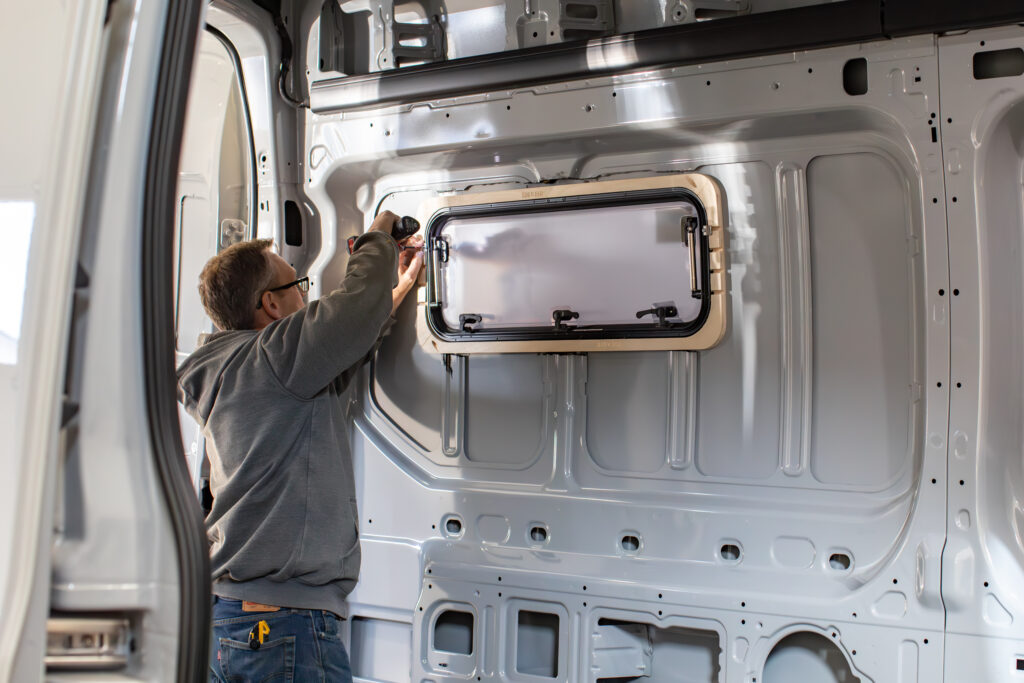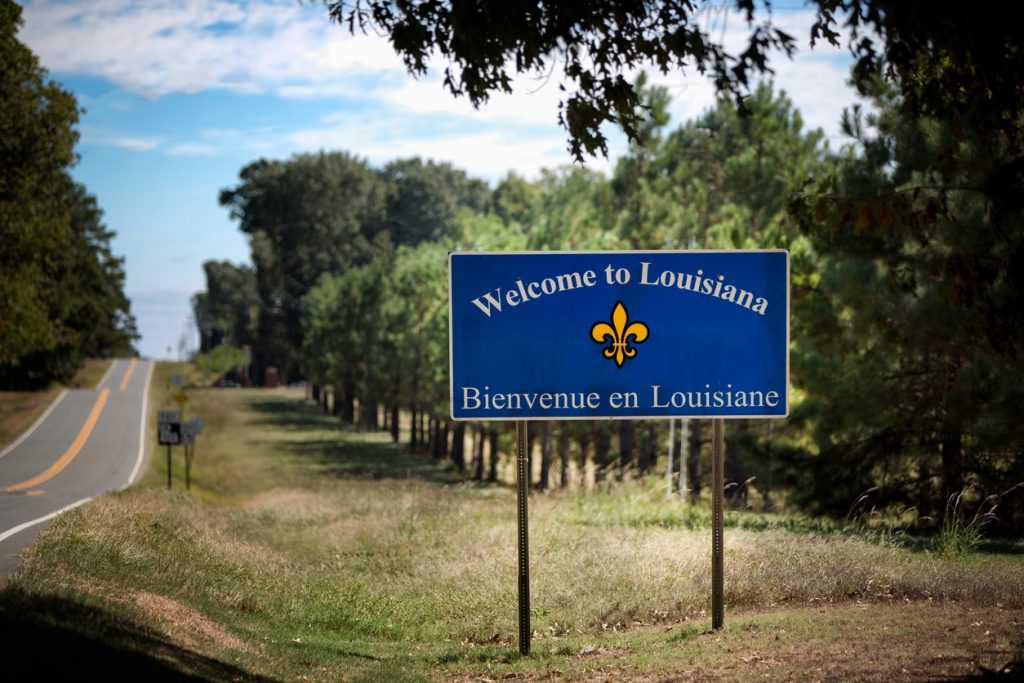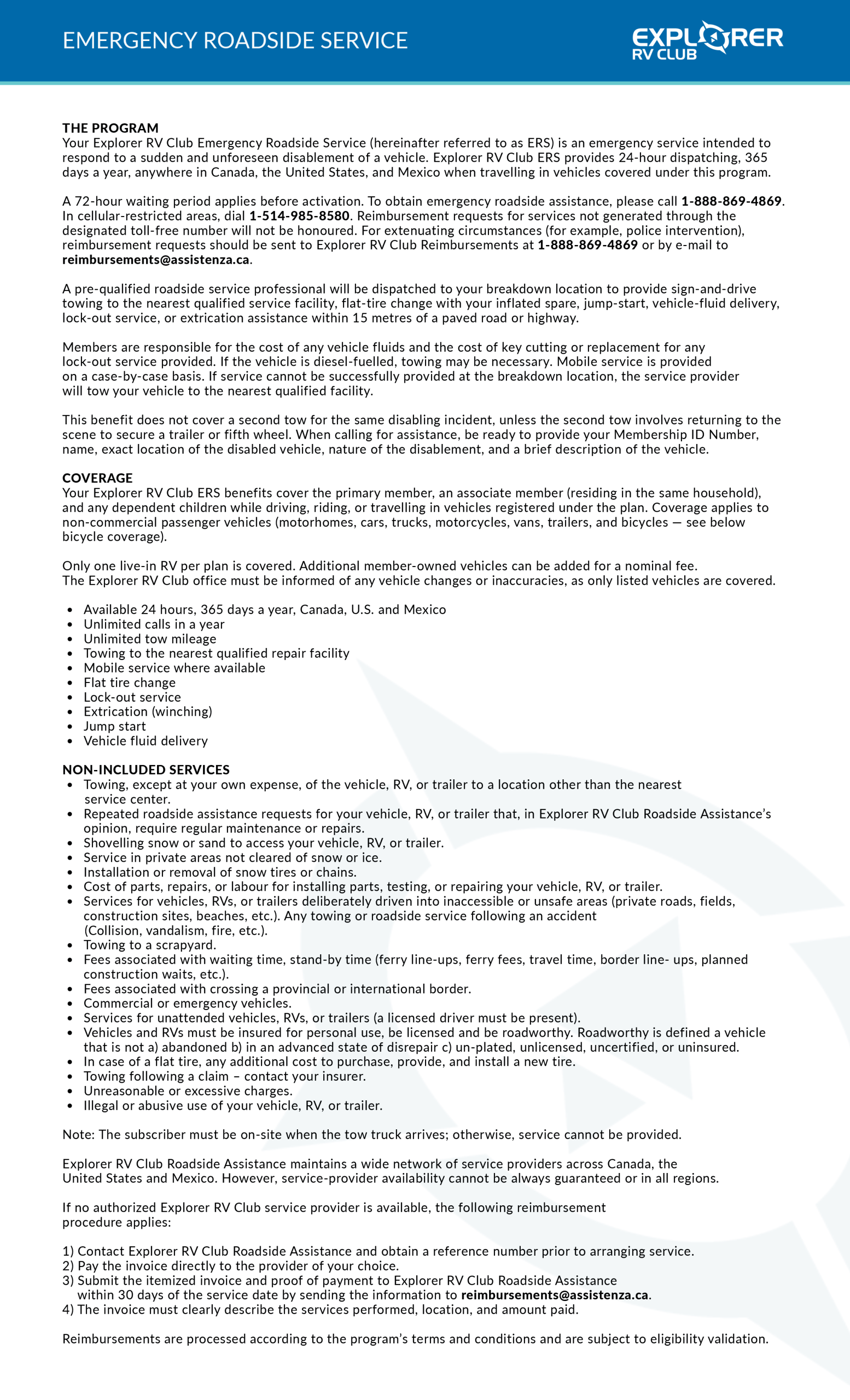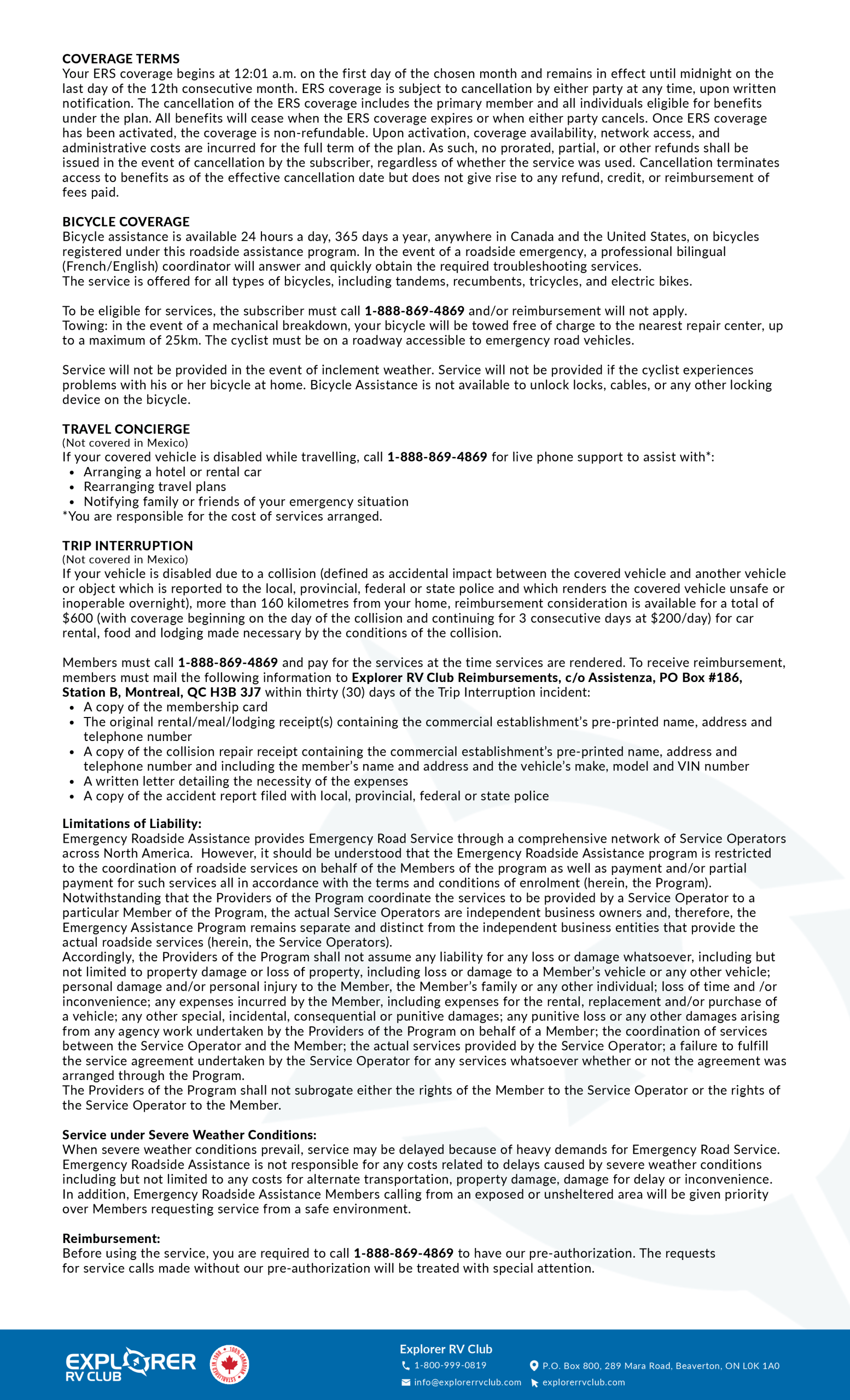Be as Careful with Hygiene in Your RV as You Would Be at Home
We think this only makes sense since your RV is your home while you and your family or friends are out on the road. Even though you have heard these tips many times before, it’s worth repeating that everyone should wash their hands frequently throughout the day, social distance when possible, and wear a mask. Be sure to clean and sanitize the RV as well.
RVing was always a safe way to travel, and it offers many benefits over the traditional road trip by car. You have your own bathroom, you don’t have to rent hotel rooms to sleep, and you get to travel at your own pace while getting some breathing room from the crowds. Since you’re the one in charge of keeping the RV clean, you don’t have to worry about staying or stopping somewhere that doesn’t meet your COVID-19 safety standards.
Repair and Maintain Your RV to Avoid Problems on the Road
It can be common for RV owners to let maintenance and minor repairs slide because they don’t have the time or money to take care of them. Unfortunately, this only leads to more expensive repairs later or the RV becoming undrivable. To keep you and your loved ones safe while RVing, we recommend doing a complete inspection or your RV before hitting the road. This should include the following at a minimum:
- Functioning brakes.
- Steps of the RV are not hanging out.
- Proper inflation of tires.
- Turn signals and lights work as they should.
- You have secured the awnings.
Driving your RV when you know it needs repairs is never a good idea as it puts you, your loved ones, and others on the road at risk. Be sure to have any issues attended to as soon as possible, even if you must slightly delay the start date of your road trip. If you do run into issues on the road even after taking all precautions, don’t hesitate to contact roadside assistance for help.
Plan for the Best but Prepare for the Worst
No one likes to think they will sustain an injury or become ill while travelling and camping, but it does happen. Make sure you’re prepared for anything from minor scrapes and bruises to a serious accident by bringing along a first aid kit.
Besides bandages to treat cuts and burns, consider adding things like poison ivy treatment to your first aid kit. You may even want to pick up a special first aid kit made just for campers that will contain many additional items you probably would not have remembered to pack yourself. Each person travelling also need to be responsible for bringing and taking their medications on schedule to avoid the risk of illness.
Does Your RV Have Smoke and Carbon Monoxide Detectors?
A fire or carbon monoxide leak can happen to anyone, anywhere — even while travelling and stationed in an RV. To avoid a possible tragedy, be sure to install both smoke and carbon monoxide detectors in your RV. Carbon monoxide is especially deadly, and it claims an average of 300 Canadian lives every year. Because the chemical is odourless, it often sickens and disorients people before they even realise what has happened.
We also recommend having a fire escape plan with at least two escape routes and to practice it each time you travel with your RV. Not only should all drivers and passengers know where the exits are, but make sure everyone can open all doors, hatches and emergency exits easily. When you arrive at the campsite, set up a meeting place in the event that everyone has to flee the RV quickly. Also make sure to invest in a fire extinguisher and keep it in a safe place inside the RV where you will always remember where it is. Finally, when reviewing your fire escape plan, remind your family and friends that they are the most important things inside the RV. Material things can always be replaced, they cannot!
Make Sure You Have Signed Up for Travel Advisories
RVing as a lifestyle has only grown in popularity since the COVID-19 pandemic. This method of travel gives people the chance to get away while also keeping them secluded with people they either live with or know well. We advise you to call ahead to ensure you will have available camping space when you get to your destination since campgrounds may be limited in how many guests they can accommodate. Registering for weather alerts, road closures, and COVID-19 updates is another way to ensure that you don’t run into any unpleasant surprises.
All of us at Explorer RV Club wish you a safe and happy 2021 RVing season, wherever your travels take you.

